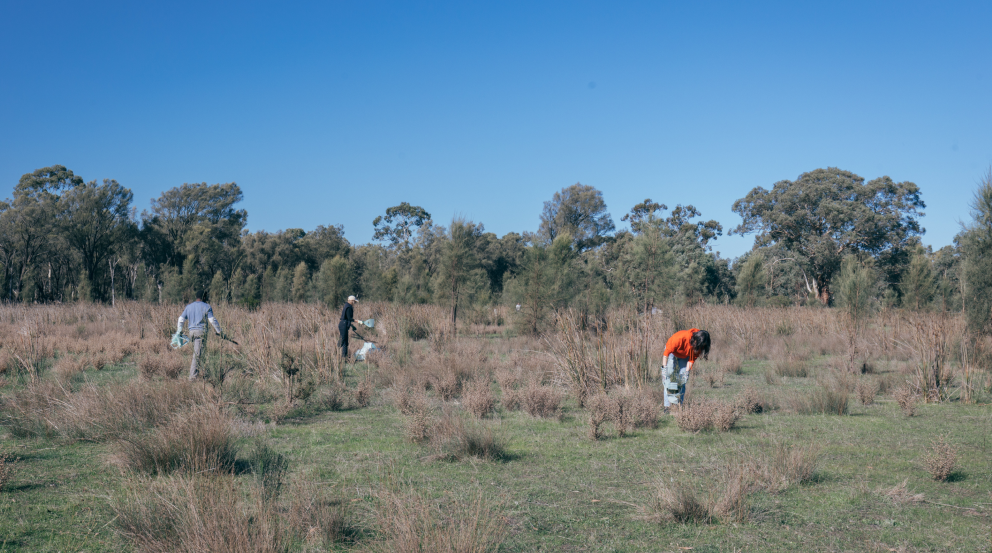You’d be forgiven for having never heard of deep sea mining.
But deep sea mining is a very real and very tangible environmental issue – and it’s one that’s at risk of playing out on Australia’s doorstep. For Bank Australia customer Dr Helen Rosenbaum, the potential negative consequences of deep sea mining are serious enough that she’s dedicated a decade of her life to fighting it.
With over 25 years of environmental advocacy and community development experience under her belt, Helen co- founded the Deep Sea Mining Campaign in late 2011 as a response to the “frenzy” of seabed exploration in the South Pacific.
According to the campaign, over 1.5 million square kilometres of ocean floor is currently being explored by private and national government companies in the south Pacific Ocean alone, with a view to setting up mines in the near future.
The problem? These mines could cause catastrophic damage to deep sea ecosystems, and untold disruption to marine ecosystems more broadly – as well as to local communities in the South Pacific and beyond who rely on these for sustenance, cultural practices and livelihoods.
But what exactly is deep sea mining, how concerned should we be, and what can the average Australian do about it?
What is deep sea mining?
In short, the aim of deep sea mining is to extract a range of minerals including nickel, copper, rare earths, cobalt, zinc, manganese, silver and golds in the form of polymetallic sulphides, cobalt-rich crusts or polymetallic nodules.
“Mining of all three of these seabed substrates would involve intensive and widespread damage to enormous sections of the deep sea environment,” says Helen. These areas are home to some of the “rarest and most unique ecological communities known to science,” according to the Deep Sea Conservation Coalition.
Why are companies looking into deep sea mining now?
The aforementioned minerals are used in a wide array of electronic products used by societies around the world. Think laptops, smartphones, solar panels and even electric vehicles. Demand for these technologies is growing. Some argue that deep sea mining is essential to supply the metals required for a global transition to renewable energy.
Of course, there’s a flip side. “Existing terrestrial mineral stocks, progress towards the mining of electronic waste, advances towards the development of circular economies, and alternative sources of metals challenge the assertions that the seabed must be mined,” says Helen.
Why is deep sea mining problematic?
Just like mining on land, deep sea mining is likely to have a significant negative impact on the environment. It would affect not just the seabed, but the water column directly above it and the surrounding ocean area.
Sediment plumes (that could spread up to 200 kilometres) could mean various harmful metals make their way into the food chain of local coastal communities, who rely on fishing for their livelihoods. In addition, given migratory nature of many Pacific commercial fisheries (such as tuna), the health of seafood consumers in Australia and around the world could also be affected.
What can Australians do about deep sea mining?
If you’d like to get involved, you can support the Deep Sea Mining campaign via their website here.








